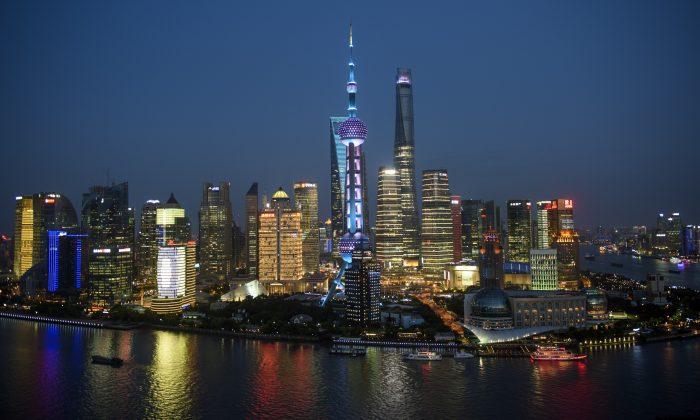China’s first revision of its 2006 New Company Law, which takes effect on Jan. 1, will supposedly treat foreign and private domestic investors the same way. Although the move sounds positive, an American attorney who is an expert on China’s business laws expressed skepticism over the new development.
The good news for foreign investors is that the business procedures that are onerous and vary dramatically from jurisdiction to jurisdiction and the process of setting up a business in China, which usually takes over one year, will be radically simplified. The new FIL treatment will be about as simple and inexpensive as forming a company in the United States, Canada, Hong Kong, the EU, Australia, etc. The business formation process in most Chinese cities will now take less than a week.
The old system required foreign investors interested in purchasing a non-controlling interest in a Chinese company to restructure the Chinese entity as a joint venture. The structure was very problematic regarding the legal rights of the foreign investor. The new law permits buying ownership interests in existing Chinese privately-owned companies on the same basis as a Chinese investor.
The new structure also allows Chinese companies to pay for technology or services with their own stock, rather than in cash. This will eliminate the prohibition against awarding incentive stock options to foreigners and expats to work in Chinese-based companies.
But 77 combined sectors are restricted to Chinese state-owned enterprises including telecommunications, financial technology, high-speed securities trading, all internet products, internet gaming, online e-commerce, energy, utilities, transportation, mining, water conservation, public facilities management, sports and entertainment.
Dickinson argues the level of protection against foreign competition may have been fitting for China’s development through the 1980s and 1990s, “but it is not appropriate for a China that is now the second largest economy in the world.” He believes the Chinese regime has no plans to reduce its “stronghold over China’s economy.”






Friends Read Free